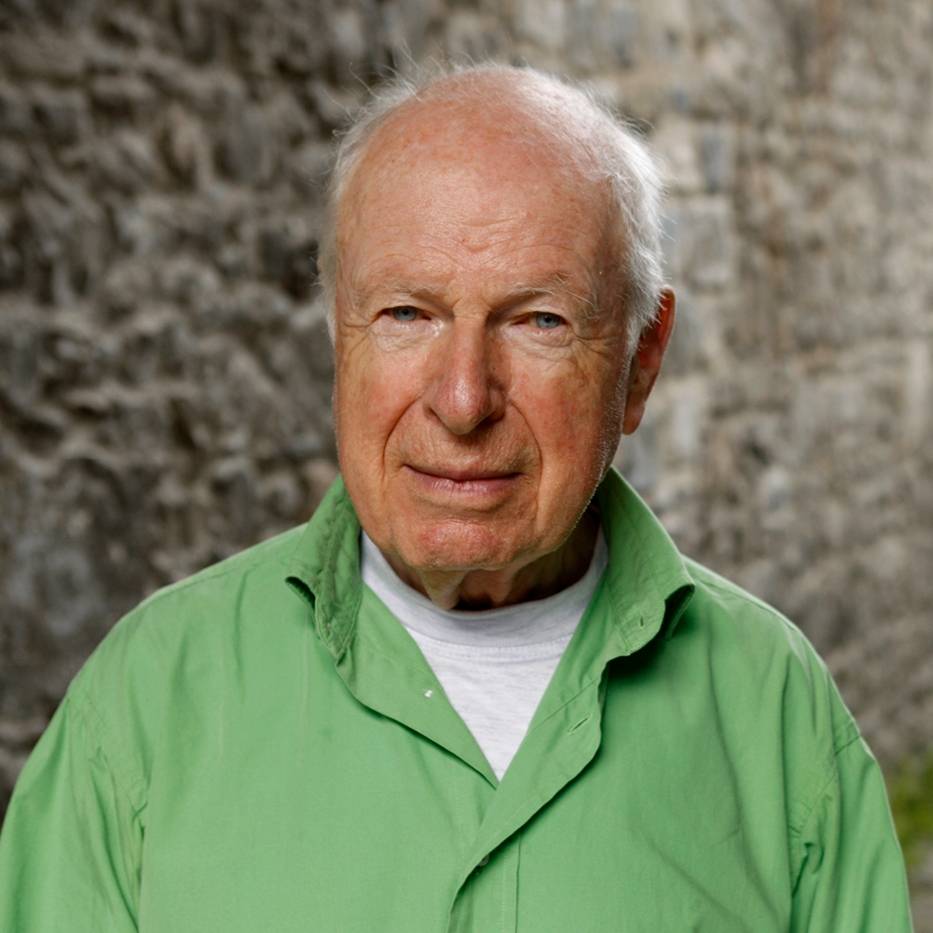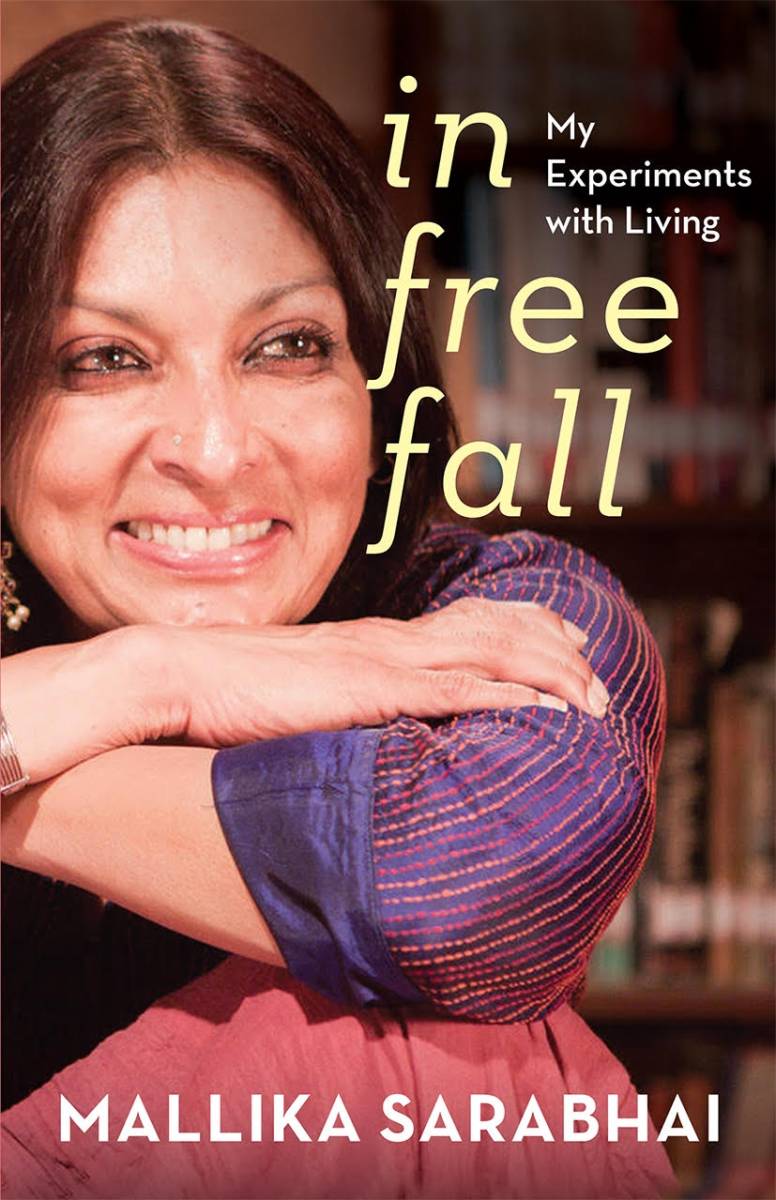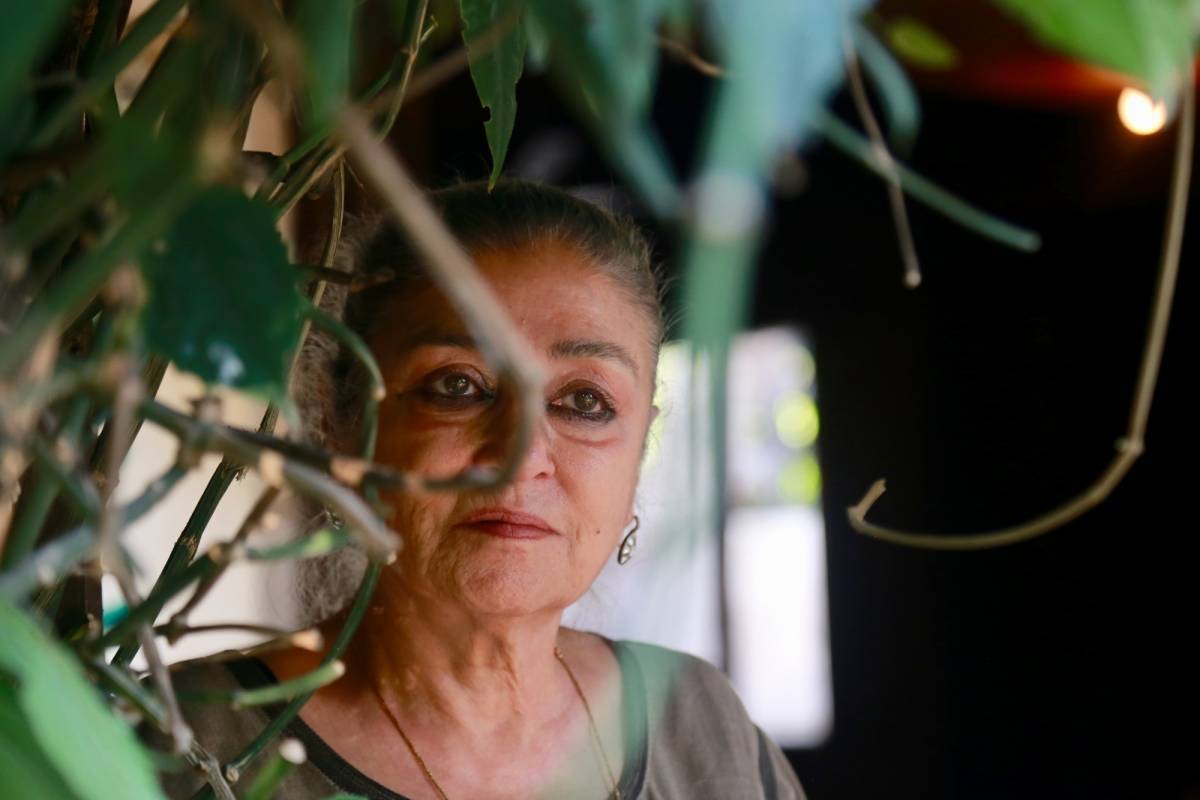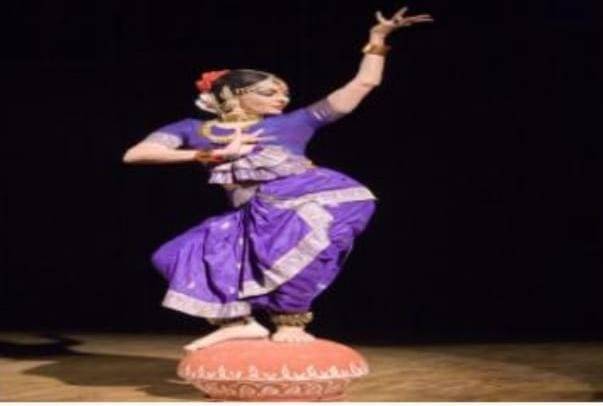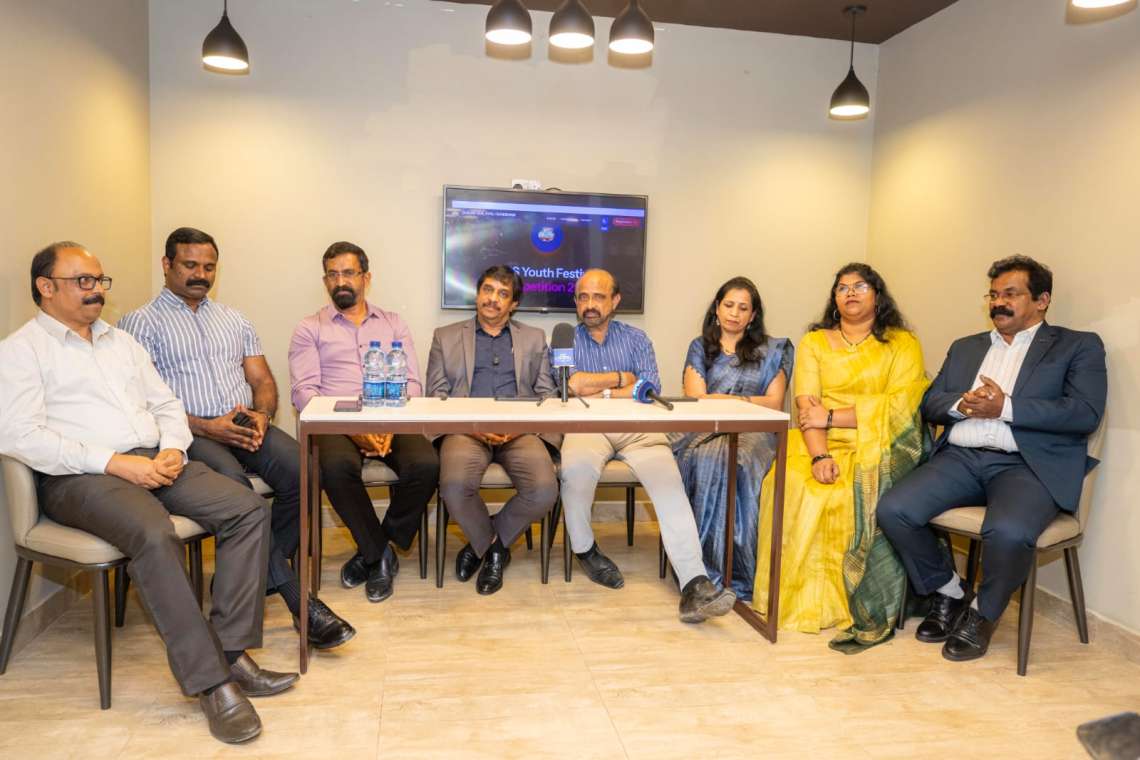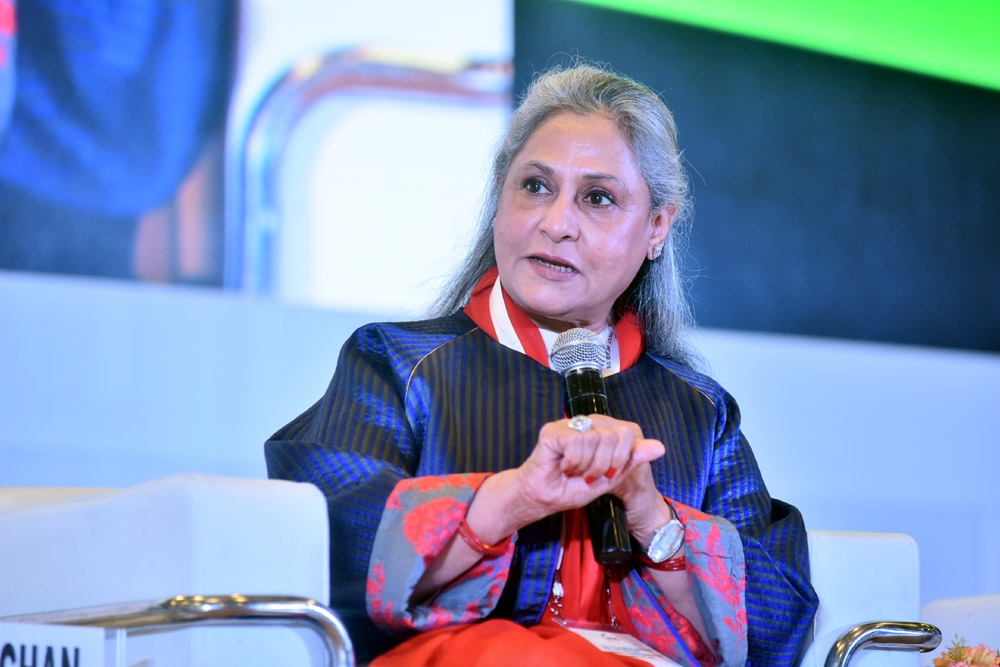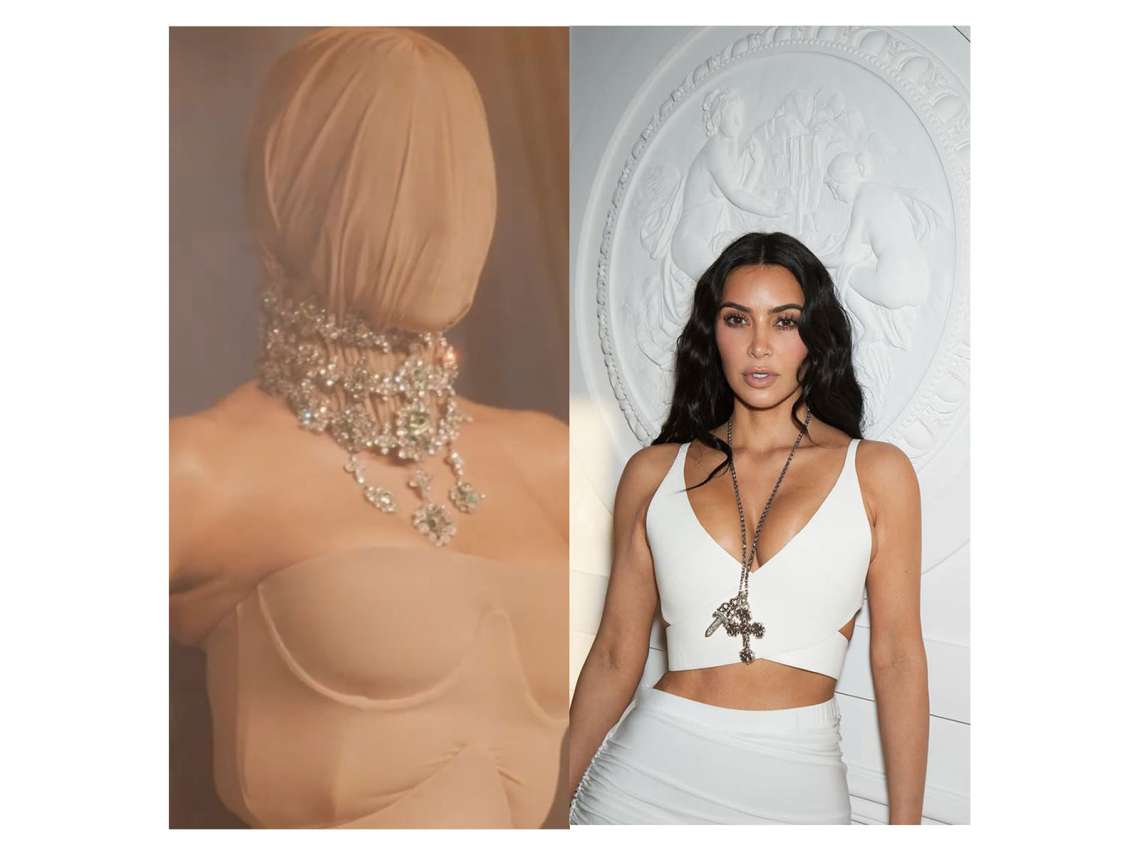I met him last in 2018 and accompanied him to see his latest work. He looked the same as he always had, with eyes that went from cold to twinkling…writes Mallika Sarabhai
“Don’t raise your voice Maleeka. You sound like a shrew”.
“There are no shrews in our mythology Peter. Only Shaktis”.
That early conversation, a couple of weeks into rehearsals in October 1984, pretty much set the tone for my early relationship with director Peter Brook.
I was an innocent, lost in an alien professional theatre world, working in a language that I did not speak.
A new mother clutching a five week old baby. Trying to set up home in France’s coldest winter in a century. And confronting a theatre director who seemed to need and want me, but also resented the fact that I was an educated and rather well read argumentative Indian.
April 1984. I had been following the journey of Peter Brook and his entourage across India, in search for a Draupadi or a Krishna for their epic production of The Mahabharata. I was pregnant, and skinny and yellow with jaundice.
One morning I received a telegramme from the French Cultural Attache; “Are you in Ahmedabad? Peter Brook will fly there to meet you tomorrow.” Me?
He arrived the next morning, with Marie Helene Estienne, his assistant; Jean Claude Carriere, the amazing writer; Chloe Obelansky the designer of the show, and her assistant Pippa.
I was dressed in a deep green dress, setting off my yellowness to advantage, my knee length hair, loose. We made small talk in my sitting room. And then he popped the question — would I audition for Draupadi?
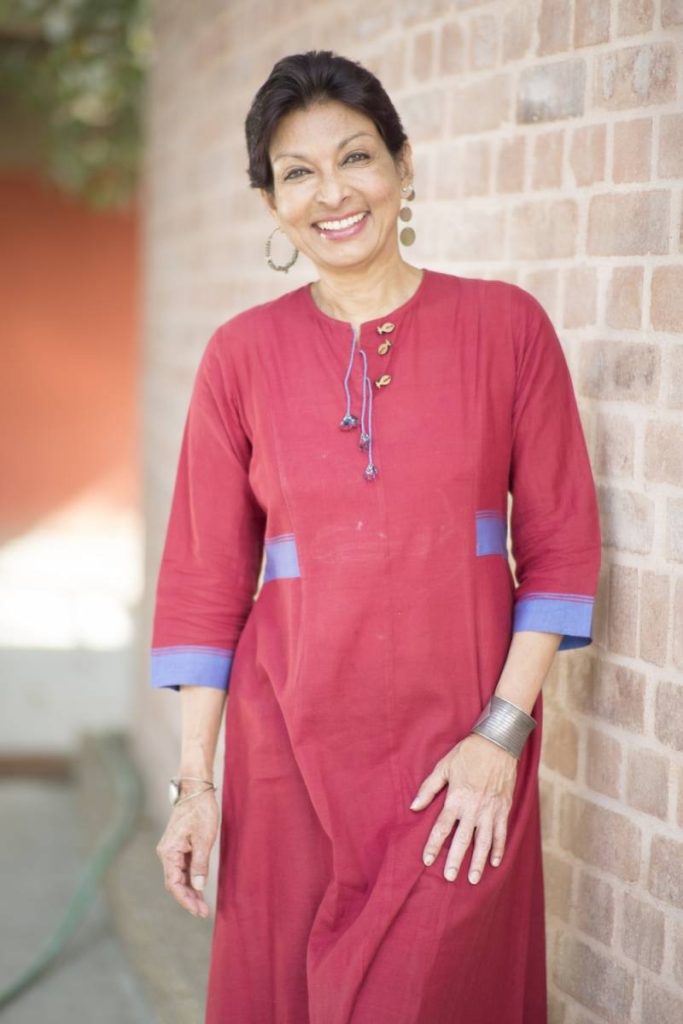
Ever since I remember, I have thought Draupadi the only woman in mythology worth her salt. Over the years I had read dozens of versions of the Mahab. And I was being offered the part in this much touted production.
Exhilarated, I also panicked. I had just started a publishing company. I was going to give birth. I had organized the largest ever folk festival with 200 dancers from 7 countries. How could I leave?
“Can you fly to Paris this week?” No, no I was leaving for New York. “That is alright. My assistant Jean Paul is looking after our production of Carmen at Lincoln Center. Your first audition can be there.”
Fast forward. There I was. The script sent to me to try and learn the French from the Director of Alliance Francaise, my dear friend Achille Forler, was not the actual script at all. It was all to be improvised. What? And I had been memorizing it for months.
With the many accents of French all around me, from Japanese to Senegalese, Peter, with his still very British French, was about the only person I understood. But I was with a group who worshipped him as a guru. And I don’t like gurus. I didn’t want one.
I argued in English — about the interpretation of characters, about Shaktis and shrews, about his not wanting to seem blood thirsty (“Peter you should have chosen the Ramayana”), about the interpretation of the woman (he was very Anglo Saxon), about nuances.
He made it clear soon enough that he preferred me to discuss scenes and my interpretations of characters, in the privacy of his room, so that once convinced, he could present it to the others. He could not understand why, after a 14-hour rehearsal, I wanted not to sit around listening to gyan.
Once he said to me that working with me was like working with Princess Margaret (“I didn’t know you had worked with her, Peter”).
Many times I wanted to run away. I hated it. I didn’t want to work with angst and tension.
Here was a director telling us that we can never become the character, we can only interpret them, that we can only be story telling heads. Here was a man who used the navarasa as an exercise — play the scene as a comedy, now play it with disgust; Mallika do the entire scene is gibberish; now you play Yudhishthira.
He made me do Noh play voice exercises with the amazing actor Yoshi Oida, as, unlike in Indian films where I was found to have too masculine a voice, he needed my voice deepened as a tragedienne!
I spent hours and days grunting and singing in a bended knee position, while Yoshi asked me to bring the voice up from the anus and look at the clouds. He taught me how a character was like an onion, to be peeled till you came to the soul, the emptiness, the shunya. He was cold, and ruthless. And he made me the artist I am.
We become close friends later, once the play was a success and I was being commended. On the many occasions when we shared a stage for press conferences at the release of the film and TV productions, he would grin and tell the audience: “And now Mallika will tell you how awful it is to work with me.”
I met him last in 2018 and accompanied him to see his latest work. He looked the same as he always had, with eyes that went from cold to twinkling.
Thank you Peter. The five years spent with you and Draupadi made me the artiste I am. Someone who can hold her own, and who can weave stories that disturb and push one to think.

